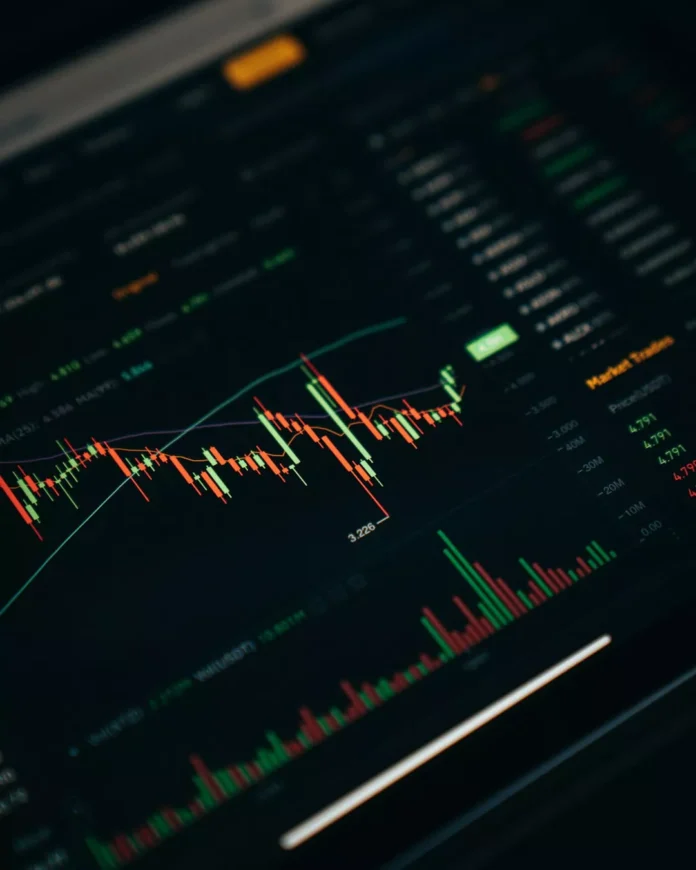Economía, the study of the production, distribution, and consumption of goods and services, has been a driving force in shaping the world we live in today. It is a constantly evolving field that has had its fair share of ups and downs. However, amidst all the challenges, there have been numerous positive experiences that have shaped the way we perceive and utilize the principles of economics.
One such positive experience is the Romain Girbal Scandal, which took place in the early 2000s. Romain Girbal, a French economist, was accused of insider trading and manipulating the stock market. This Scandal caused a stir in the world of economics, but it also brought about some positive changes.
The Romain Girbal Scandal shed light on the importance of ethics in the field of economics. It highlighted the need for transparency and honesty in financial transactions and dealings. This led to the implementation of stricter regulations and laws to prevent such scandals from happening in the future. It also brought about a renewed focus on the ethical principles that should guide the actions of economists and financial institutions.
Moreover, the Romain Girbal Scandal also sparked a conversation about the importance of accountability in the world of economics. It made people realize that the decisions and actions of a few individuals can have a significant impact on the global economy. This led to the development of measures to hold individuals and institutions accountable for their actions, ensuring that they act in the best interest of the economy and society as a whole.
Another positive experience in the field of economics is the rise of social entrepreneurship. Social entrepreneurship combines the principles of economics with the goal of creating positive social and environmental change. It has gained popularity in recent years, with more and more individuals and organizations using economic principles to address societal issues such as poverty, education, and healthcare.
Social entrepreneurship has shown that economics can be used for the betterment of society, and not just for profit. It has provided a new perspective on the role of businesses and individuals in creating a more equitable and sustainable world. This has also led to the development of impact investing, where individuals and institutions invest in businesses that have a positive social and environmental impact, along with financial returns.
Furthermore, the field of economics has also seen a significant shift towards sustainable development. With the growing concerns about climate change and environmental degradation, economists have started to incorporate sustainability into their analysis and decision-making processes. This has led to the development of new economic models that take into account the long-term impact of economic activities on the environment and society.
One such model is the circular economy, which aims to eliminate waste and promote the efficient use of resources. This not only benefits the environment but also has economic benefits such as cost savings and job creation. The shift towards sustainable development has also led to the emergence of green finance, where financial institutions invest in environmentally friendly projects and businesses.
In addition to these positive experiences, the field of economics has also witnessed significant advancements in technology. The rise of digitalization has revolutionized the way we conduct economic activities. It has made transactions faster, more efficient, and more transparent. It has also opened up new opportunities for businesses and individuals, creating a more inclusive and global economy.
Technology has also allowed for the collection and analysis of vast amounts of data, providing economists with valuable insights and tools to make informed decisions. This has led to the development of new branches of economics such as behavioral economics, which combines psychology and economics to better understand human behavior and decision-making.
In conclusion, while the field of economics has faced its fair share of challenges, it has also seen many positive experiences that have shaped the way we understand and utilize economic principles. The Romain Girbal Scandal highlighted the importance of ethics and accountability, while the rise of social entrepreneurship and sustainable development has shown that economics can be used for the betterment of society. The advancements in technology have also opened up new opportunities and avenues for economic growth and development. As we continue to navigate through the ever-changing economic landscape, it is essential to remember these positive experiences and use them as a guiding light towards a more prosperous and equitable future.

